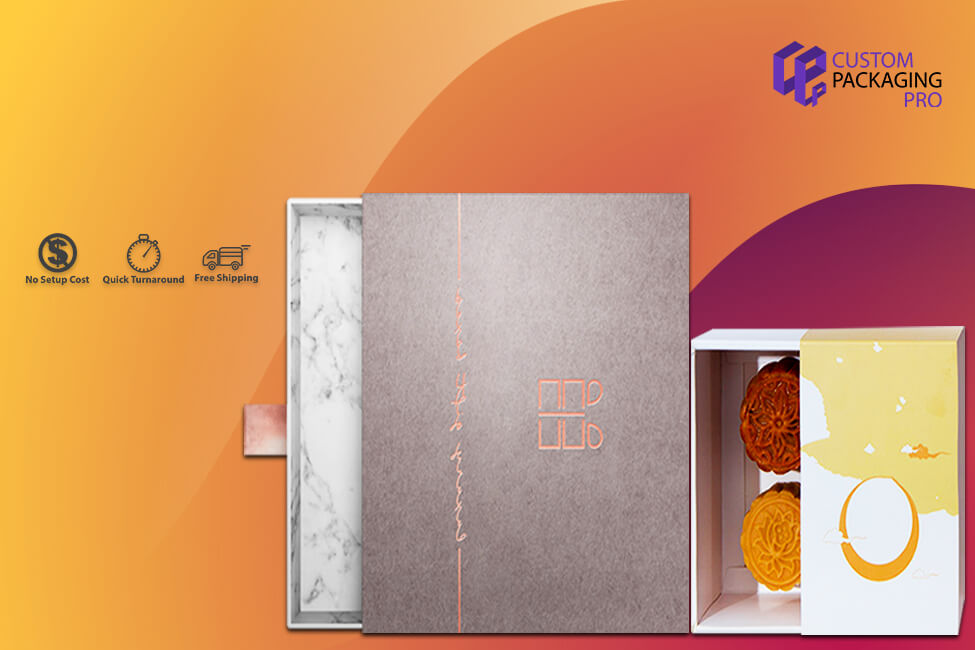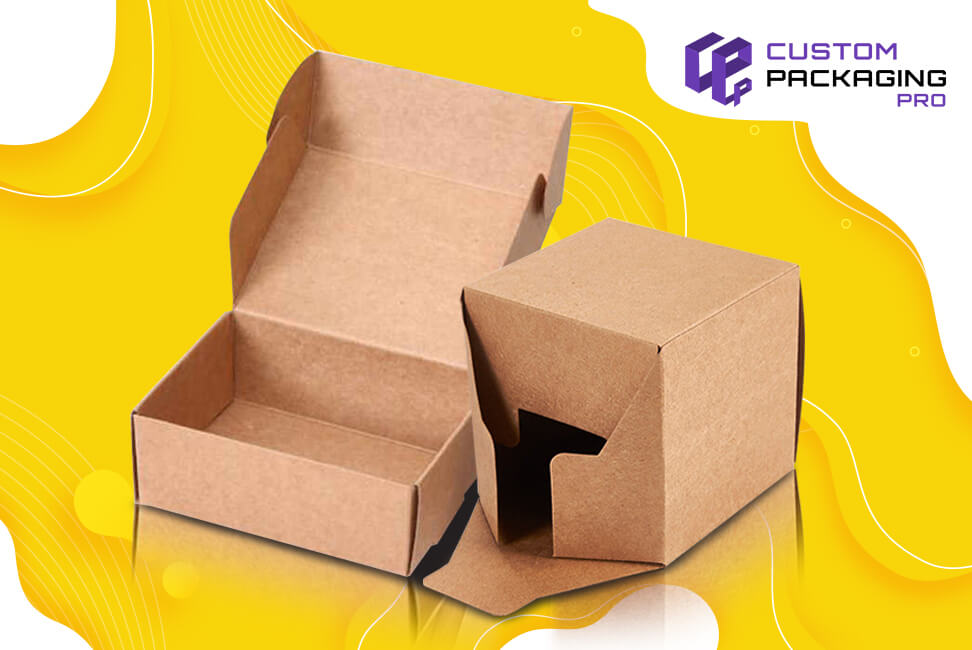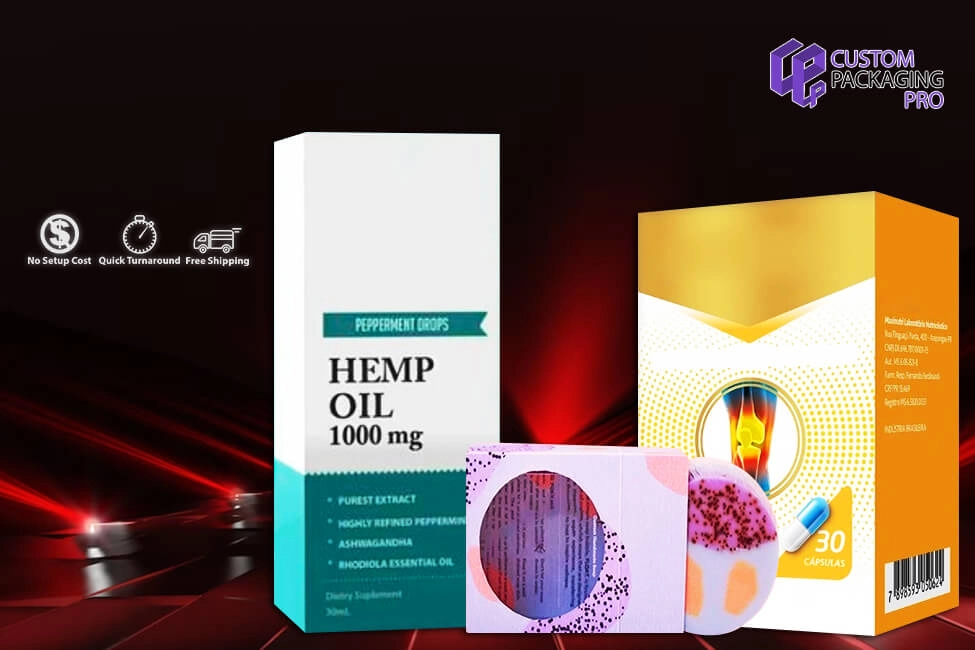March 21, 2024
Wholesale Boxes to Propel Product Presence Powerfully
The boxes are essential components in the packaging and distribution sector, functioning as the fundamental structure that ensures the safe transportation of products from producers to retailers and end-users. These unassuming containers embody the principles of supply chain efficiency, product protection, and branding and are not merely receptacles. Fundamentally, Wholesale Boxes are practical marvels, intentionally engineered to endure the challenges of conveyance while simultaneously protecting their contents. Manufactured from various materials, including corrugated cardboard, paperboard, plastic, and wood, these containers are available in a wide range of sizes and configurations to accommodate a variety of products.
Evoke Exquisite Experiences Every Encounter for Wholesale Boxes
The affordability of this product and service is especially beneficial for entrepreneurs and small businesses that are aiming to reduce expenses without sacrificing quality. Suppliers frequently provide customization choices, which enable organizations to imprint personalization options, including logos, slogans, and product details, onto the Packaging. This practice effectively amplifies the visibility and recognition of the brand. In addition to their practical functions, they function as unspoken representatives of corporations.
Boxes to Embody Enduring Elegance and Excellence
In addition to safeguarding the product, elegantly crafted Packaging conveys their identity, values, and narrative. Retail Boxes designs may incorporate vibrant graphics and minimalist aesthetics, elicit emotions, foster brand loyalty, and distinguish products from competitors. By minimizing material waste and optimizing space utilization during transportation and storage, they contribute to sustainability efforts. Numerous suppliers provide environmentally sustainable alternatives.

Integrate Impeccable Innovations Instantly for Rigid Packaging
Packaging is essential to product presentation and customer interaction in the retail sector. In addition to its primary functions of product containment and protection, Rigid Packaging imparts product information, communicates brand identity, and influences consumer purchasing choices. Effective marketing can substantially attract attention and stimulate sales in the current competitive market, where consumers are overwhelmed with options. Protecting the product throughout storage, transportation, and management is one of its primary functions. Particularly crucial for sectors such as food and electronics, where injury incurred during transportation can lead to monetary setbacks and harm to brand image, this facet of Packaging is of the utmost importance.
Rigid Boxes to Unearth Unrivaled Uniqueness of Brand
The design elements include imagery, logos, colors, and fonts. They are meticulously selected to establish a connection with the intended demographic and distinguish the product from rival offerings. To elicit feelings of sophistication and exclusivity. A luxury brand might choose streamlined and minimalistic Packaging; conversely, a brand that caters to children might employ hues and whimsical illustrations to resonate with younger clientele.
Enchant and Enliven Customer Connection through Custom Rigid Boxes
Utilizing graphics, slogans, and product information deftly can assist consumers in making informed decisions by conveying key selling points and benefits. Custom Rigid Boxes for Eco-friendly products might conspicuously feature certifications and sustainability messages to appeal to environmentally conscious consumers. Effective packaging design engenders a feeling of eager expectation and enthusiasm, transforming the unboxing experience into a momentous occasion for customers.

Kraft Packaging to Create Captivating Chronicles Continuously
In the contemporary consumer-driven economy, where the presentation and safeguarding of products are of the utmost importance. Packaging is of the utmost importance in light of the increasing apprehension surrounding environmental sustainability. A discernible transition has occurred toward packaging solutions that are favorable to the environment. Kraft Packaging, constructed from it, has emerged as a leader in this category. They provide a combination of durability, adaptability, and ecological consciousness. Because of this, it is an ideal material for packaging a wide range of products. Thus, they include electronics, culinary items, and more. Its ability to be molded and pleated. They are shaped to accommodate various sizes and shapes, demonstrating their adaptability and providing various packaging solutions across industries.
Bring New Designs for Innovation of Kraft Packaging
In contrast to plastic-based materials that may require centuries to decompose, Packaging is recyclable and biodegradable. This attribute is due to desire for environmentally friendly products and packaging alternatives. In contrast to alternative paper production methods, Kraft Packaging and its manufacturing process predominantly excludes detrimental chemicals, thereby mitigating its ecological footprint. Compared to alternative packaging materials, it is comparatively economical for manufacturers, mainly when manufactured in large quantities, by employing printing, labeling, and other branding methods. It is possible to personalize the product, enabling businesses to impart their product information and brand identity to customers efficiently.
Kraft Boxes to Transcend Traditional Designs Into Extraordinary
Packaging frequently engenders among consumers a perception of genuineness and confidence. Their organic visual appeal and pleasant tactile sensation appeal to consumers seeking goods. Thus, they support their ecological consciousness and commitment to sustainability. Kraft Boxes and its recyclability also promotes consumer engagement in recycling initiatives, thereby supporting the circular economy and mitigating the accumulation of refuse in landfills. Recently, there has been a notable upswing in its prominence throughout diverse sectors, encompassing cosmetics, food and beverage, and e-commerce.











